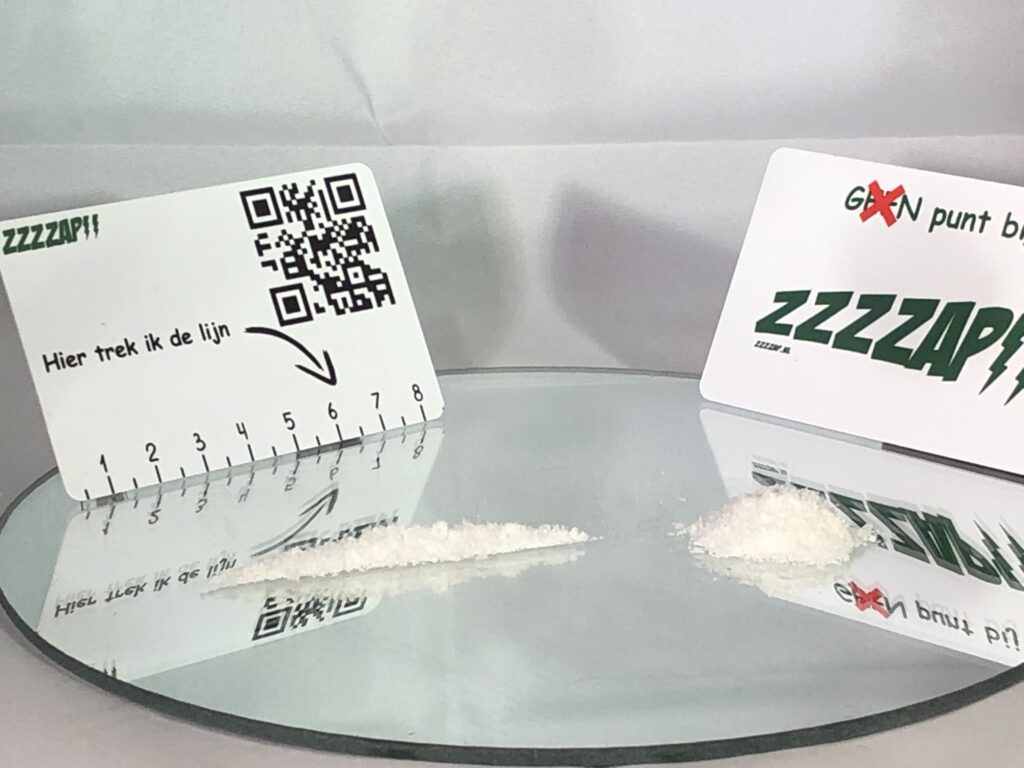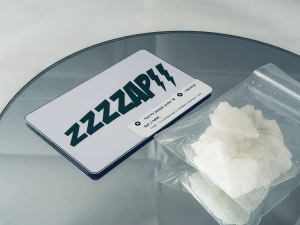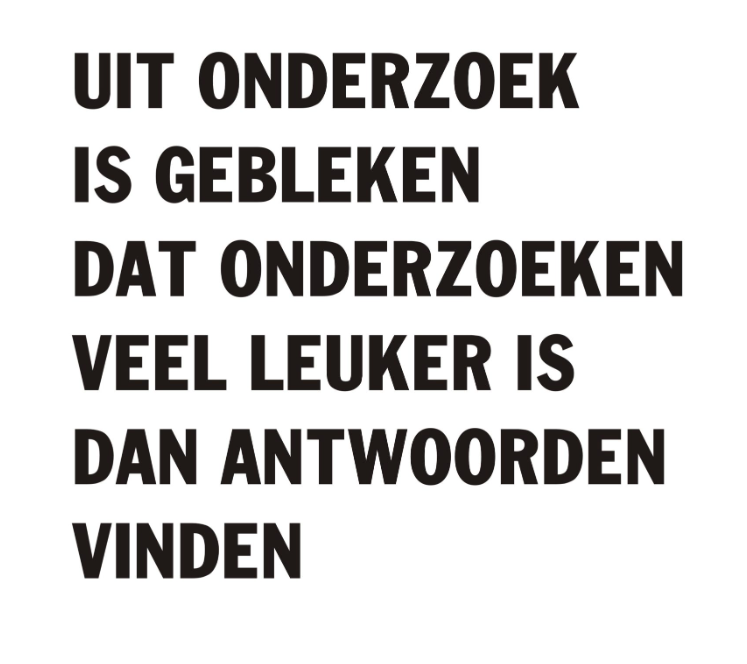How does water intoxication occur and how can you prevent it?
Please note that this article contains informational content only!
We all know the stories of festival-goers being taken away by ambulance after using XTC. XTC is banned in the Netherlands. Regularly, these users experience water intoxication. Learn how water intoxication occurs and how to prevent it from ever happening to you.
The human body
To understand how water intoxication can occur, it is important to understand how our bodies typically handle fluids. Every body consists largely of water, but the proportion in which it occurs in our bodies varies from person to person. Roughly speaking, we can say that men's bodies are 60% water and women's are 55% water. A person's fat percentage is also influential; in fact, fat cells contain little water. Thus, in an overweight person, the percentage of water will be lower. The fluid that is inside our cells(intracellular
liquid) represents 2/3 of the total water in our body. This liquid contains salt, potassium, enzymes and other organic molecules. The other 1/3 of our water is located between cells in the blood (extracellular fluid). This liquid contains a lot of sodium. Our bodies are geared to keep water balance. Breathing, sweating and urination create a deficit that must be constantly replenished. The brain releases a thirst stimulus in response. This is a beautiful collaboration between body and brain that we can rely on in many cases.
How does water intoxication occur?
XTC is known to put consumers at increased risk of water intoxication. XTC is specifically mentioned because it stimulates antidiuretic hormone (ADH) when used. This hormone is considered the “anti-wetting hormone.” This does not happen with other stimulant drugs such as amphetamine variants and cocaine. The use of XTC produces the hormone strongly. As a result, the body retains more water than the kidneys excrete. Users regularly experience that they do not need to urinate or only need to urinate infrequently at a festival. So the body retains more fluid, but in addition, there is a second factor that can increase the risk of water intoxication. Under the influence, you get hot and soon a very dry mouth develops. This makes you feel dehydrated, even when you are not. A false sense of thirst arises, making you tempted to drink extra.
In addition, we often feel that it is also precisely wise to drink extra because we are aware of the dangers of overheating when using XTC. Drinking too much water can cause an imbalance between water and sodium in our bodies. Sodium levels in our blood drop. This results in cells absorbing more water and, as a result, they swell. This also applies to our brain cells. When brain cells absorb too much fluid, it can be very dangerous; the brain cells press against nerves, causing headaches.
Here's how to recognize water intoxication
These are the first symptoms you can tell by water intoxication
recognize:
– Headache
– Lowered consciousness
– Confusion
– Overall malaise
– Nausea
– Dizziness
– Disruption of walking
– Muscle cramps
– Fatigue and sleepiness
The confusing thing is that these symptoms can also occur with a
overheating.
Here's how you can prevent water poisoning
– Keep an eye on fluids yourself and do not rely on signals from your body. The thirst stimulus and failure to urinate is not reliable.
– Do not drink more than one glass per hour. Your thirst quencher can be met with a water ice cream.
– Try to ingest foods rich in salt/sodium during the day. Think French fries, potato chips and pizza. Remember this on the day after as well.
– Consumers sometimes cannot get a bite through their throats while using Ecstasy. Getting into salt-rich foods is then a challenge. You can solve this with a cup of broth or Cup-a-Soup.
– Alternate exercise and relaxation and make sure your temperature does not rise too far.
Again, XTC is banned in the Netherlands. We therefore advise against the use of prohibited substances.
Source: including Wikipedia & Psyconautwiki



